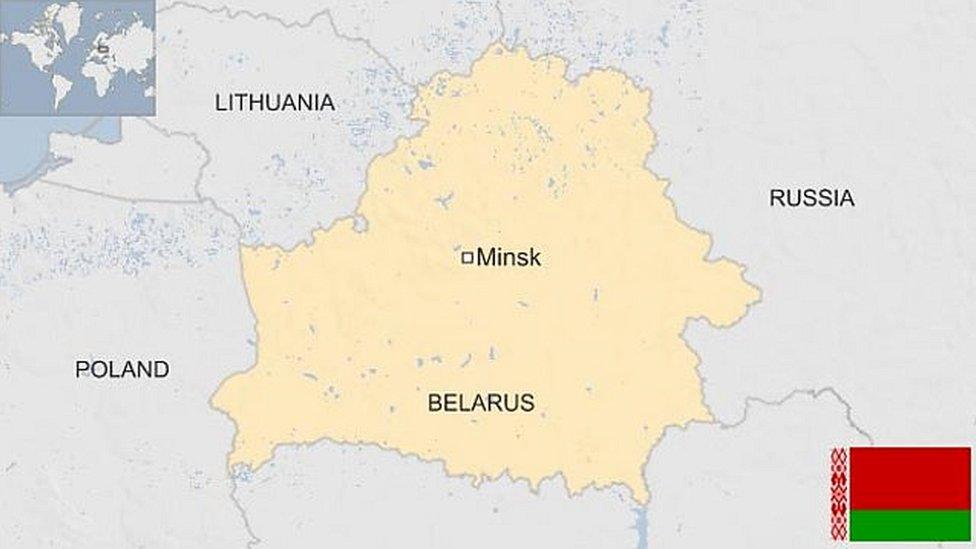Belarus election: Opposition wins at least one seat in rare gain
- Published
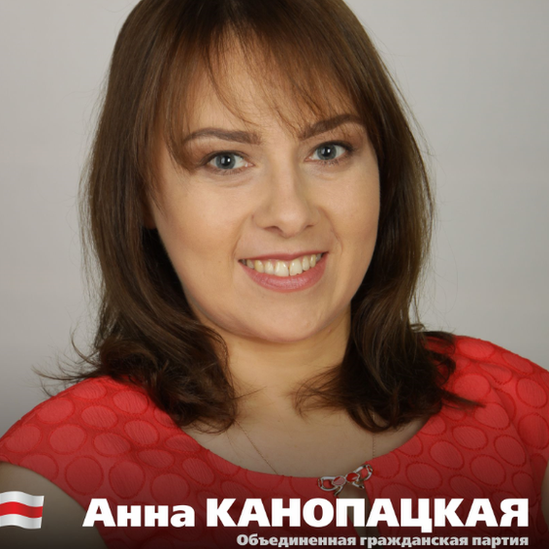
Anna Kanopatskaya is expected to hold a news conference in Minsk on Tuesday
At least one opposition candidate has won a seat in parliamentary elections in Belarus, its first representation in the chamber for 12 years.
The Electoral Commission said Anna Kanopatskaya of the United Civil Party (UCP) won one of the 110 seats being contested in the lower house.
Lawmakers loyal to hard-line President Alexander Lukashenko are expected to occupy most remaining seats.
Opposition candidates were able to enter more easily than earlier votes.
The opposition's participation in the election is a concession to Western calls for more transparency in Belarus, correspondents say.
External monitors were also given access to the vote count.
Observers from the Commonwealth of Independent States - a grouping of former Soviet republics - said the elections were open and transparent.
However, UCP deputy leader Lev Margolin told the BBC he did not consider the polls to be fair.
During the election campaign, he said, a number of opposition candidates had faced media censorship and that, although speeches had been recorded for broadcast, they were not shown.
There were also big questions about how the local electoral commission had been formed and the counting process itself, Mr Margolin added.
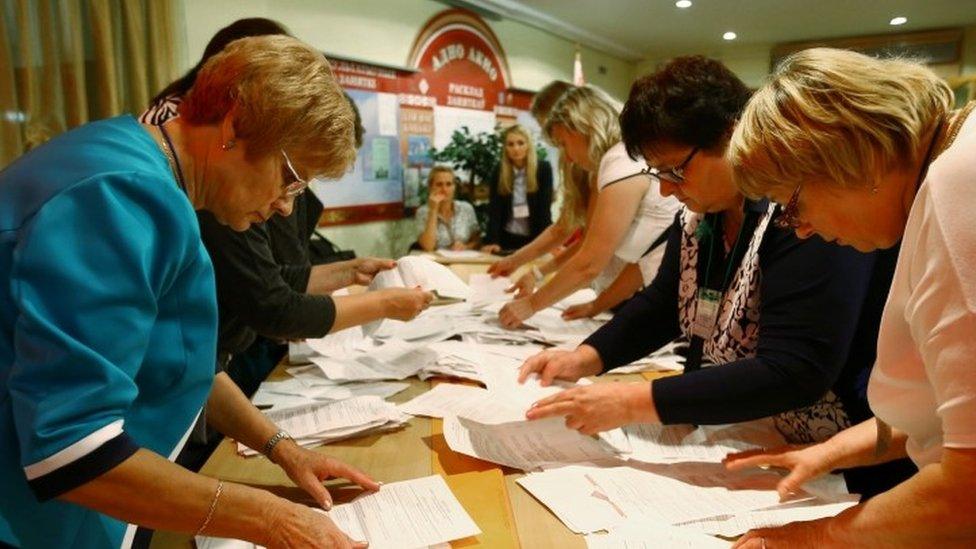
Of the 448 candidates competing in September's election, 200 were from opposition parties
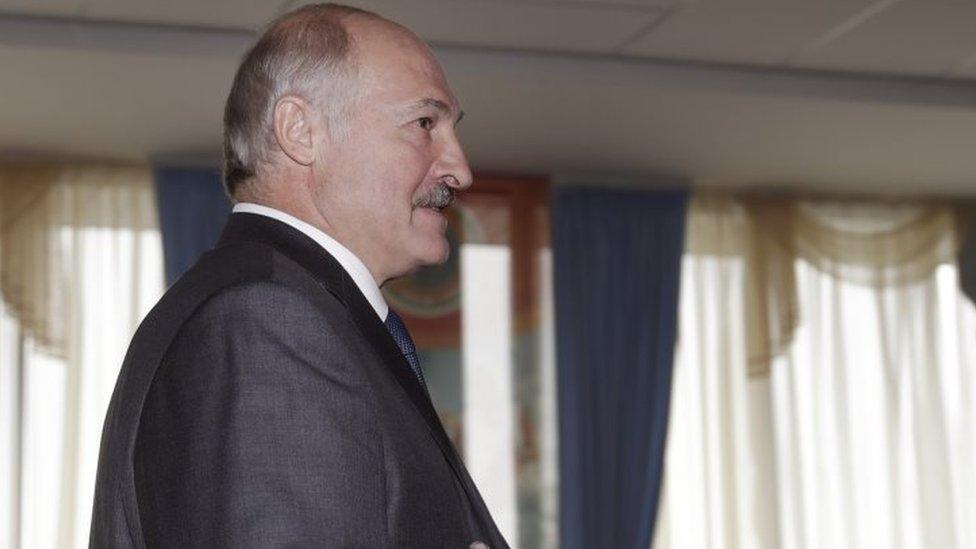
President Lukashenko has kept Belarus close to Russia but recently the relationship has become more strained
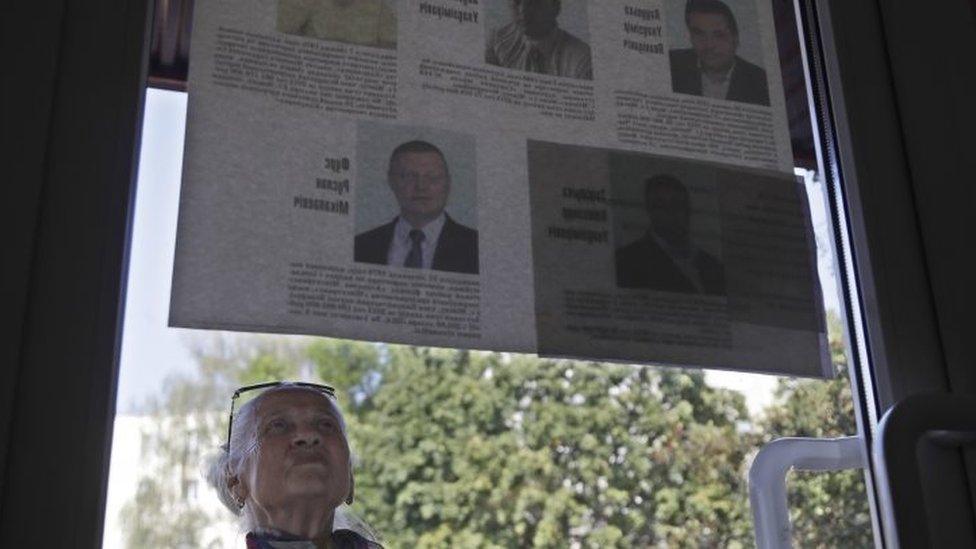
Supporters of the president will still have an overwhelming majority in parliament
Relations between the West and Belarus have warmed since the president freed all remaining political prisoners after his landslide re-election in October and his move to host peace talks between Ukraine and Russia.
The president, in power since 1994, has kept Belarus strategically close to Russia but the relationship became more strained following Russia's annexation of Crimea from Ukraine in 2014 - since then he has made overtures to the West.
Independent candidate Elena Anisim, who has links to the opposition, was also reported to have been elected.
"We've done everything so that there aren't complaints from the Western side. We accommodated their requests," President Lukashenko told reporters after casting his vote on Sunday in Minsk.
The last parliamentary elections in 2012 were boycotted by the two main opposition parties. Of the 448 candidates running this time, 200 were from opposition parties.
The European Union ended five years of sanctions against Belarus in February, while the US has also relaxed some of its restrictions, saying that more will be dropped if Sunday's vote is fairly handled by the authorities.
An economic downturn in Russia allied to declining energy prices and sanctions have battered former Soviet countries including Belarus, where the economy retracted by nearly 4% in 2015.

Belarus profile
Belarus, with seven million voters, in October 2015 held its fifth presidential election in 21 years - and each time Alexander Lukashenko won
The president has not polled less than 75% in any of the five elections
Of the three challengers, two were regarded as "technical" pro-Lukashenko candidates
The only woman among them, Tatsiana Karatkevich, was an activist disowned by almost all opposition parties except her own Tell the Truth movement

- Published11 September 2016
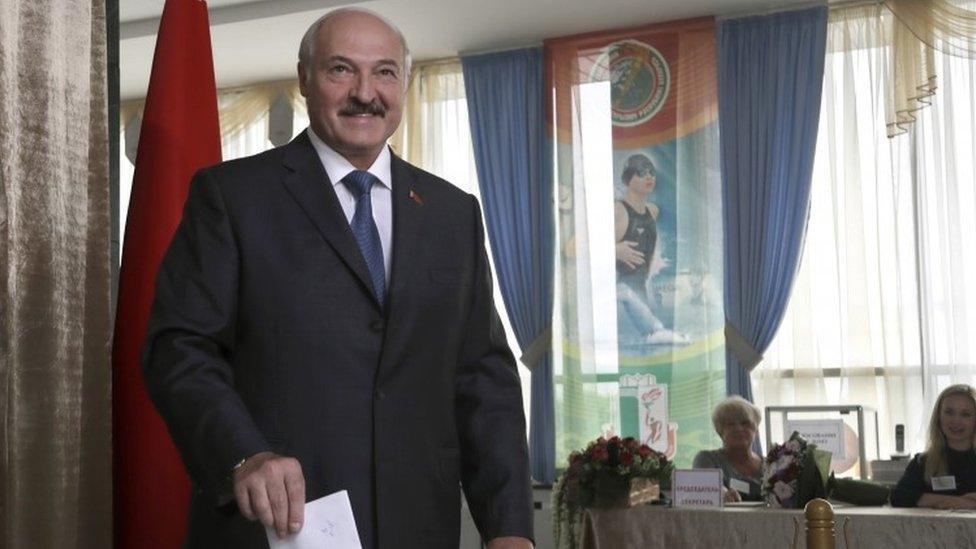
- Attribution
- Published8 September 2016
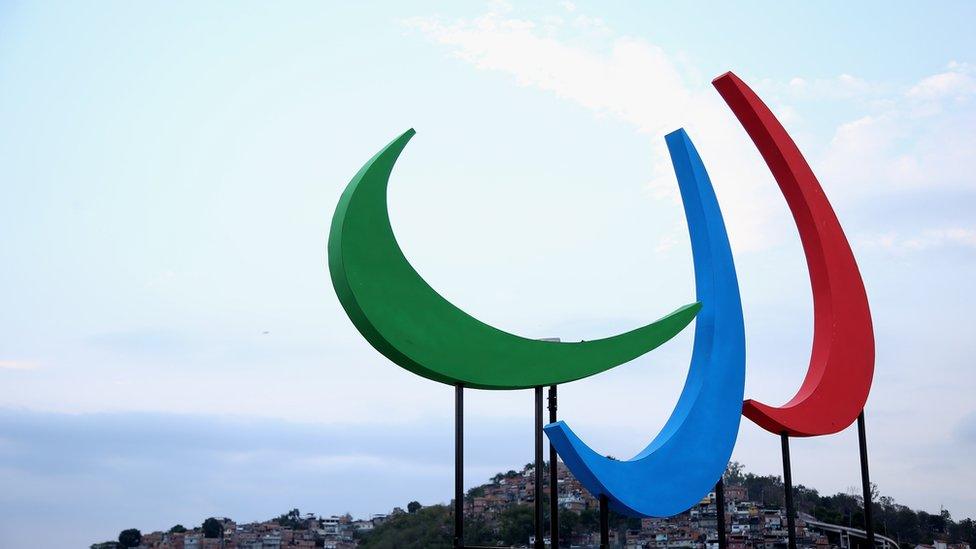
- Published30 October 2015
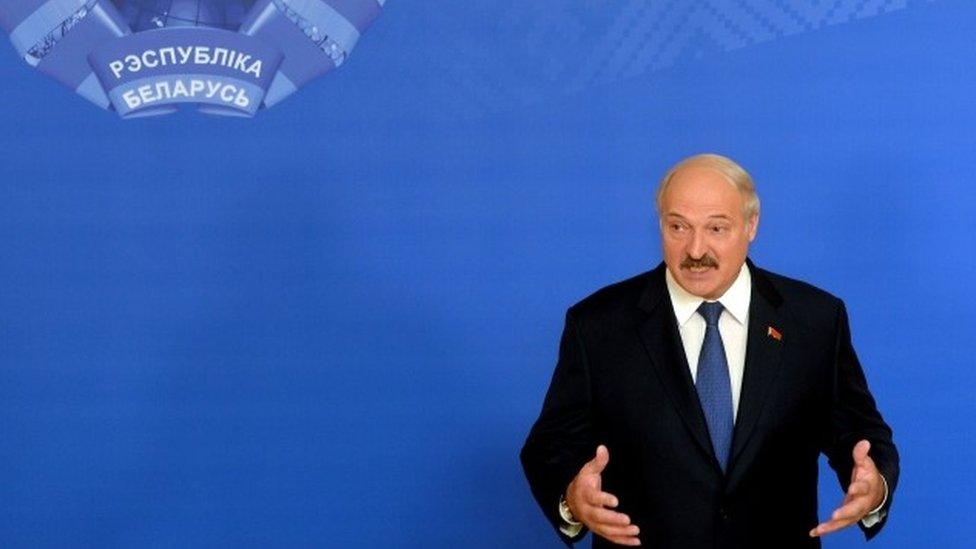
- Published12 October 2015
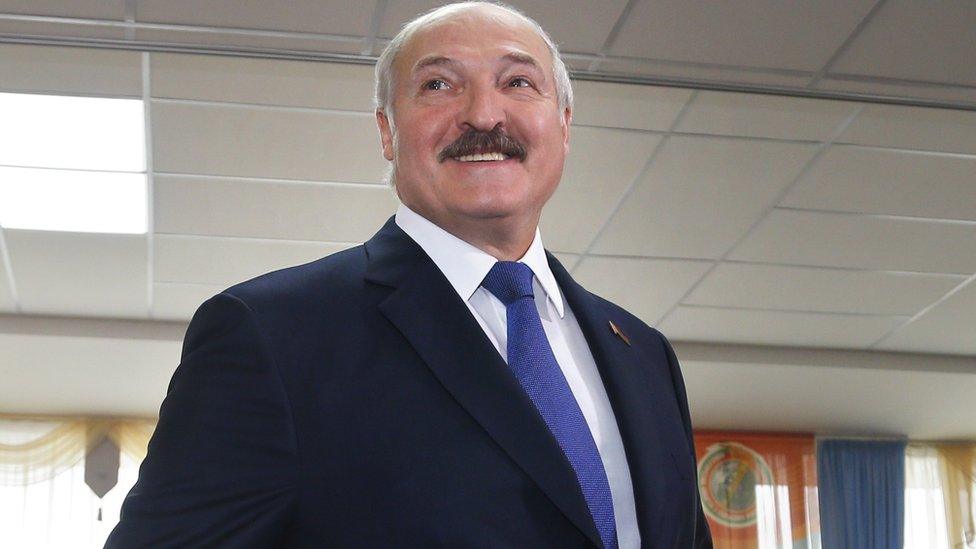
- Published10 October 2015
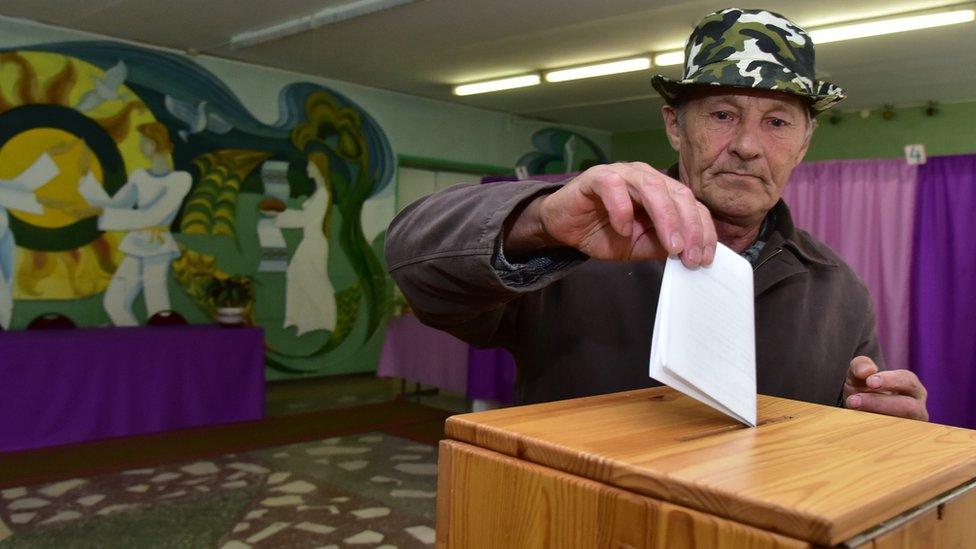
- Published27 January
